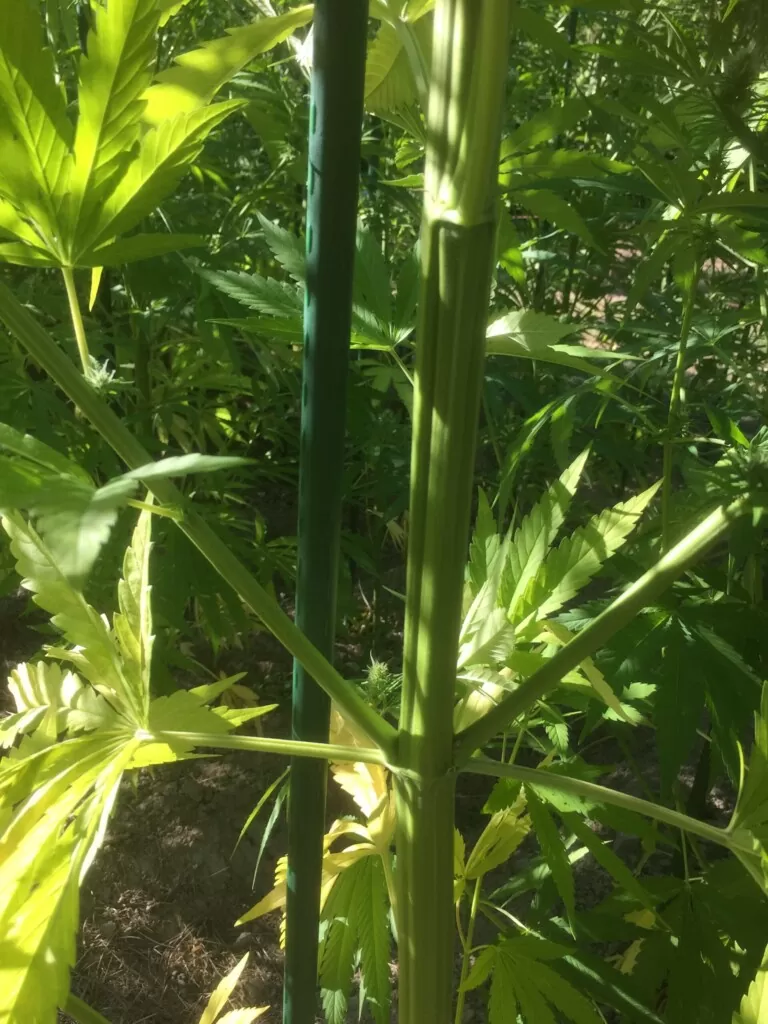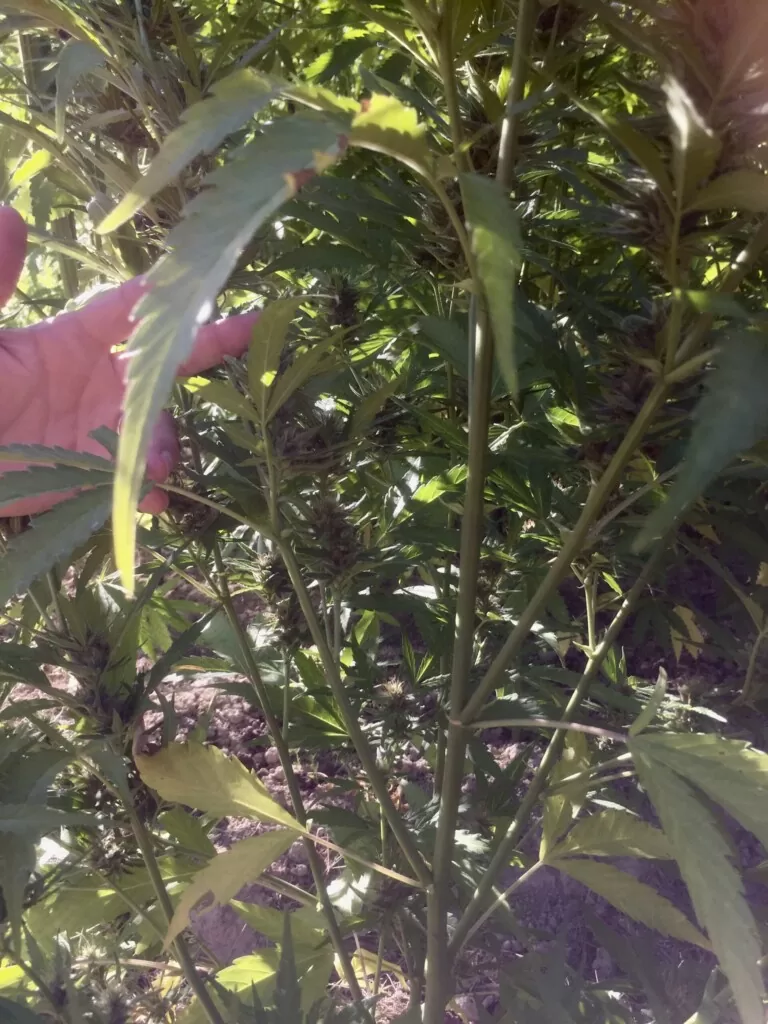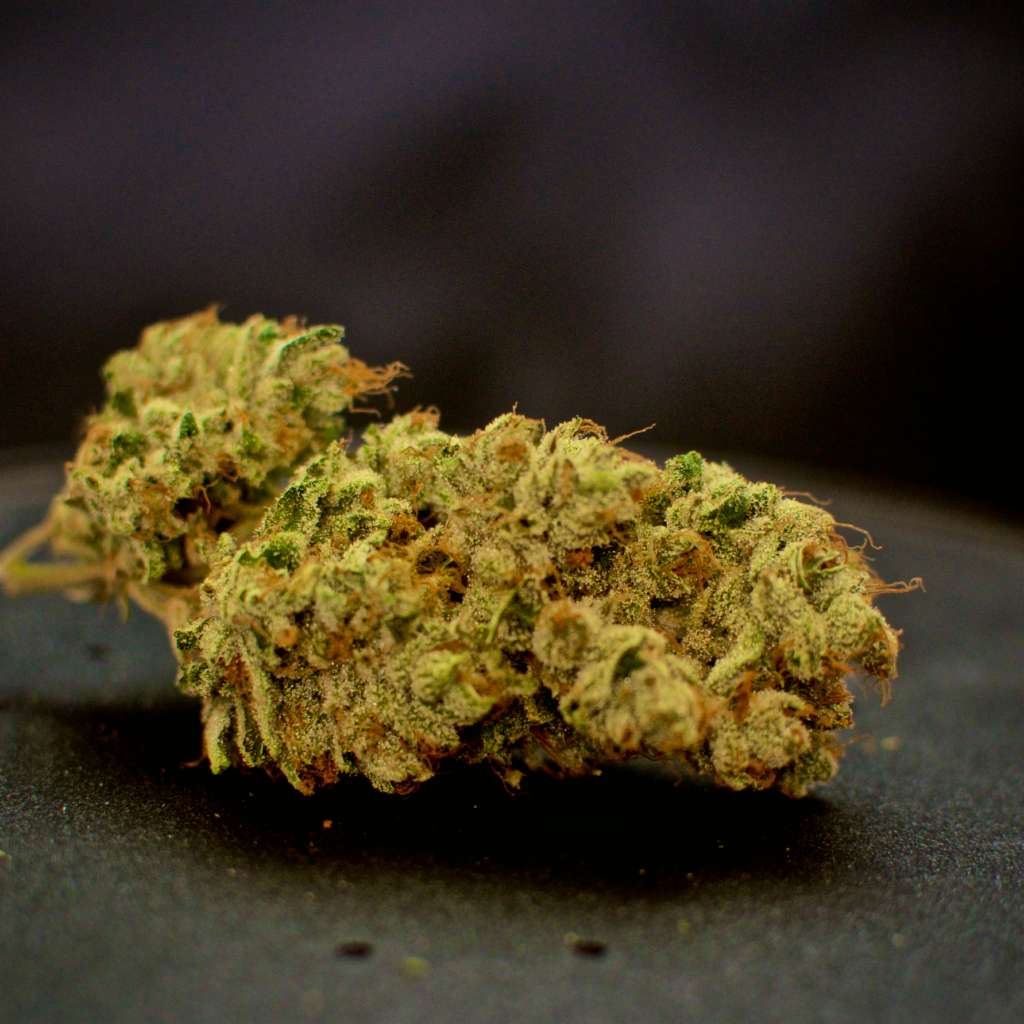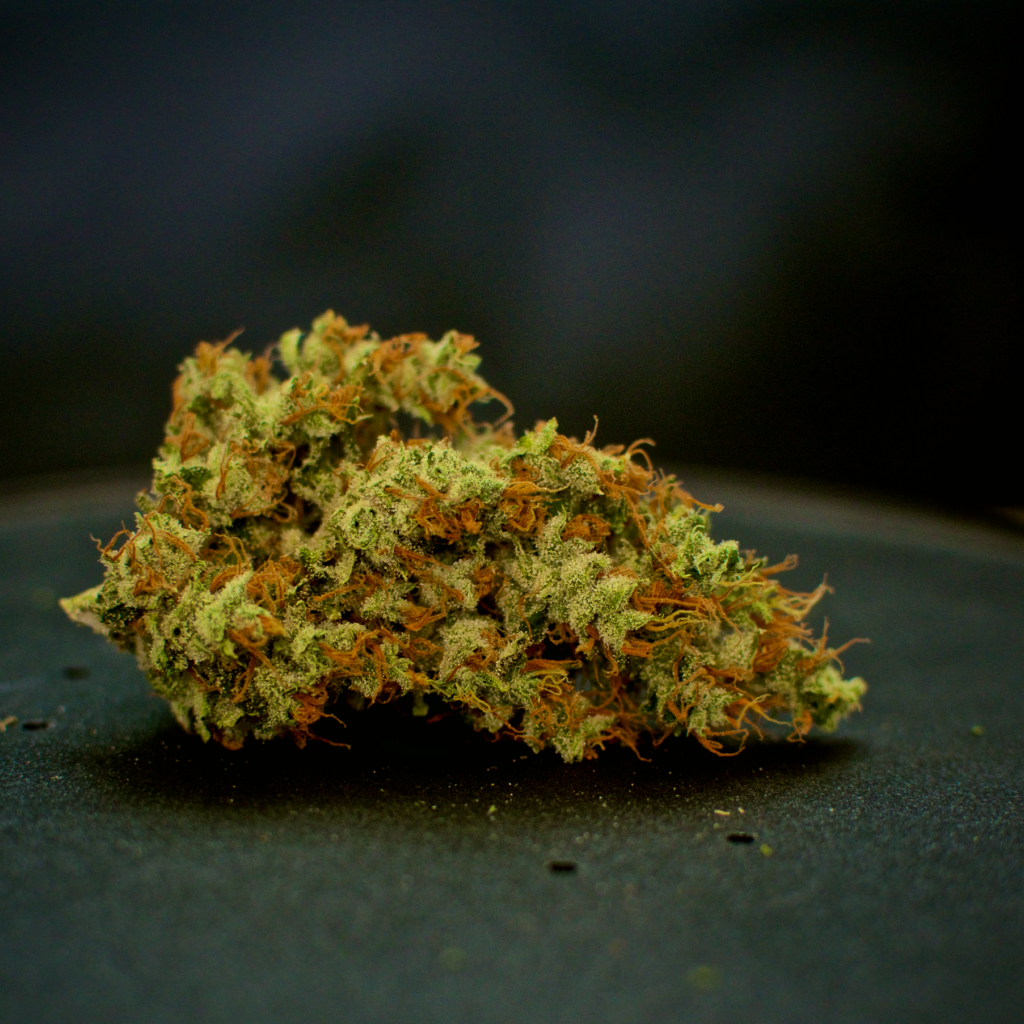Clones vs. Seeds: What Grows The Best Cannabis?
Cannabis Clones And Seeds
Before we compare clones and seeds, let’s make one thing perfectly clear. We can’t overstate the importance of using good genetics. As we say so often, any good grow starts with great genetics Nonetheless, growing cannabis can also be done using clones.
Cannabis clones are cuttings taken off a ‘mother plant’ and then carefully coaxed to grow into new plants. Clones are exact copies of their mother plant; cloning copies the genetic code present in plant DNA. This is very different from the natural reproductive strategy of cannabis plants, and that means clones differ fundamentally from plants raised from seed. So which is the better choice? As you will find out below, that depends…
Genotype And Phenotype
Genotype
Clones are literally an identical copy of their mother. Because they are made by carefully cutting off a branch of a plant that has proven itself (through amazing flavor, mold resistance or potency for example), and letting that branch develop its own root system. If it works out, you end up with a cloned cannabis plant: a new organism with the exact same genetic code as its mother plant. In biology, the totality of an individual’s genetic makeup, encoded in its genes, is called ‘genotype‘.
Phenotype
Of course, you can’t see a plant’s genes from the outside; DNA is a code written in proteins, carried deep inside every cell of an organism. The genetic code represents traits expressed on the outside, be they broad or small leaves, big versus small buds, or any other property inherited from its parent(s). The totality of these traits make up the individual’s outward appearance. It is the sum total of all genetic traits included in its genotype. This expression of an individual plant’s genetics is known as its ‘phenotype‘.
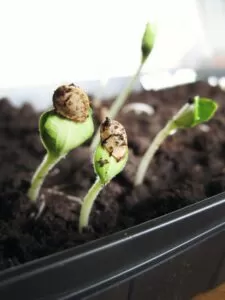
Growers and connoisseurs often refer to phenotype simply as ‘pheno’. Interestingly, cannabis seeds from the same strain, and even produced by the same female plant (single genotype), can turn into plants with different phenotypes. This pheno variance is due to natural reproduction: when pollen from a male plant touches the pistil of a female plant, the resulting seeds carry various combinations of both parent’s DNA (genotype). That explains why natural reproduction creates varied offspring with varying phenotypes. It keeps the species evolving, producing random new phenotypes that may be even better than the parent’s phenos combined.
Natural Cannabis Seeds Versus Artificial Clones
Downsides Of Cloning
By taking clones you know your crop will consistently have the exact same grow characteristics, flavour profile, and overall phenotype as its mother. Unfortunately, clones also carry any flaws their mother’s DNA may contain. Clones can carry hidden genetic defects that may only express themselves months later while flowering. They can also carry diseases and vulnerabilities to pests and fungi inherited from the mother plant.
Moreover, mother plants are often treated with high quantities of pesticides. If carefully managed, one single mother plant can survive for years, providing growers with a stable harvest and new clones time and again. Pesticides are often used keep mother plants protected, and that can be a real drawback. Pesticides accumulate in the tissue of the mother plant; as a result, any clone cuttings will contain the same pesticides from the start.
Finding Good Clones Is Hard
On top of these drawbacks, finding good quality clones can be exceedingly difficult. Even if you do find a breeder willing to sell you some, they will be expensive. And that’s even before you start to try and keep the clones alive in your own grow setup! All in all, finding top quality genetics is much easier, cheaper, and safer when you order cannabis seeds online. Seeds are designed by nature to carry all the precious genes safely to the spot where the seed can germinate and grow into a new cannabis plant. That makes the case for choosing good seeds over clones pretty clear, but there is more to consider.
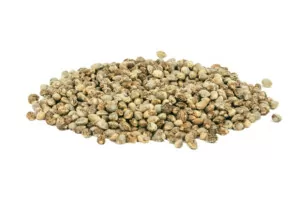
Root And Branch Development In Cannabis Clones vs. Seeds
As noted, clones are simply rootless branches cut off a mother plant. Obviously, the first thing they need to develop after you plant them is a root system. And that takes energy; a whole lot of it, in fact. Meanwhile, the existing leaves of the clones demand energy to grow and continue THEIR work: photosynthesis.
This means cloned cannabis plants will probably not develop optimal root systems. And that’s a shame, considering that root volume equals yield volume. In contrast to seeds, clones need a shorter vegetation period. During that time they’ll also grow faster than plants from seeds, because the clone is not an infant, but has the same age as its mother. Again, this may seem advantageous at first, but such unnatural growth comes with drawbacks, too.
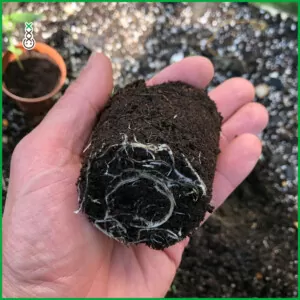
Healthy Roots = Healthy Harvests
Clones will not grow as sturdy as cannabis plants from seeds, though. After germination, cannabis seeds develop a fat taproot, which travels as far down into the soil as it can. The taproot serves like an anchor, increasing the stability of the plant. This vertical root will go on to develop lateral roots horizontally, ensuring a deep-rooted cannabis plant. And as we stated before, root volume equals yield volume. So a healthy and substantial seed-grown root system is all set to produce a healthy and substantial yield.
More Branches = More Buds
Apart from developing their roots differently, clones and seeds also develop differently above ground. On one of our latest strain hunting expeditions, we discovered that clones develop one sided nodes. Each time the stem of a clone splits into branches, it only develops one single branch per node. Cannabis plants from seeds on the other hand, develop two-sided nodes. Considering they develop double the amount of branches per plant and have a bigger and more stable root systems, weed from seeds potentially yields much more than clones.
Natural Cannabis Variants: Seeds Offer More Than Clones
Using clones means having an exact copy of a mother plant’s genotype to work with. That can be a big plus if you know exactly which phenotype you want to grow. If you manage to raise a clone the right way, you could theoretically produce more clones for your next grows. We will admit this is a benefit for some growers, but the extra effort involved convinces the majority of growers to work with seeds in the natural way.
Natural Seeds = Natural Variation
Some may find the genetic consistency of clones a good thing, but we know that most growers find the idea of clones unnatural and boring. After all, with all the wonderful variety available today, why stick to the same identical genetics when there’s so much more to explore? In contrast to clones, cannabis seeds from the same parents can each still have different tastes and grow characteristics. Perhaps that makes growing cannabis from seeds less predictable, but it does add to the excitement. Just like human siblings are not identical, neither is the natural offspring from cannabis plants. Let’s face it: if all your brothers and sisters were your exact identical copies, things would soon get boring at home, right?
Creating New Strains (For Cloning?)
Some growers with an experimental mindset like to develop new strains of their own. If they succeed, they can proceed in two ways: clone the new plant, or pollinate it to grow new seeds naturally? They’ll need to cross two existing strains first, though, and to do that they need cannabis seeds, not clones. Crossbreeding two clones with the same genotype is pointless. Moreover, clones are usually female plants, and attempting to two females is obviously problematic… Anyone interested in creating new variants using natural reproduction (between plants, that is!) is going to need male and female specimens.
Conclusion: Cannabis Clones vs. Seeds
Summing up, we can conclude that while clones are intriguing in certain ways, growing cannabis from seeds is more interesting, more natural, and generally easier for most growers. Of course, that still means truly great grows start with epic quality seeds.

